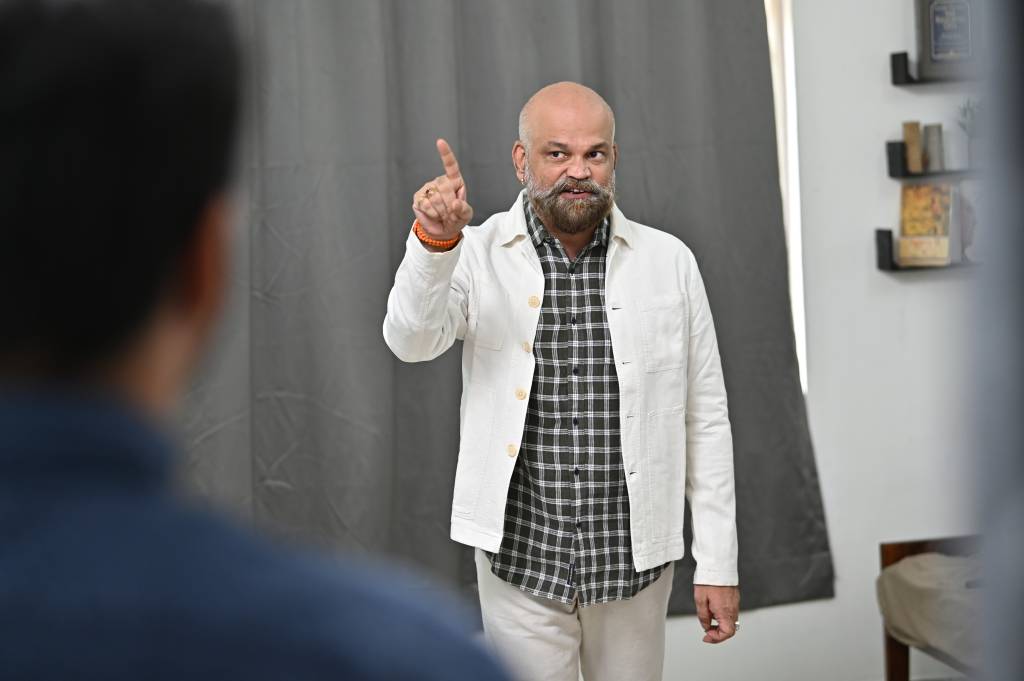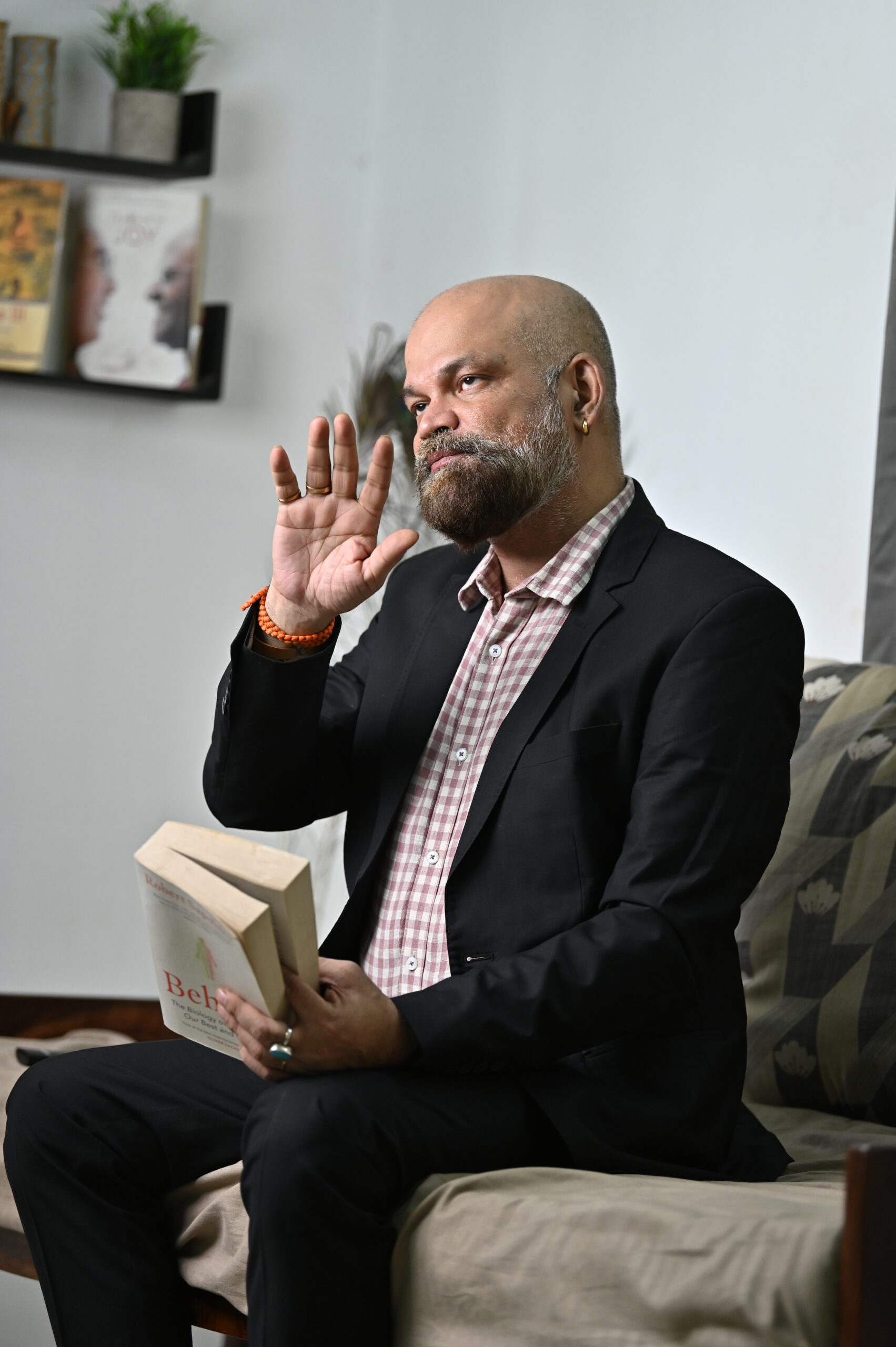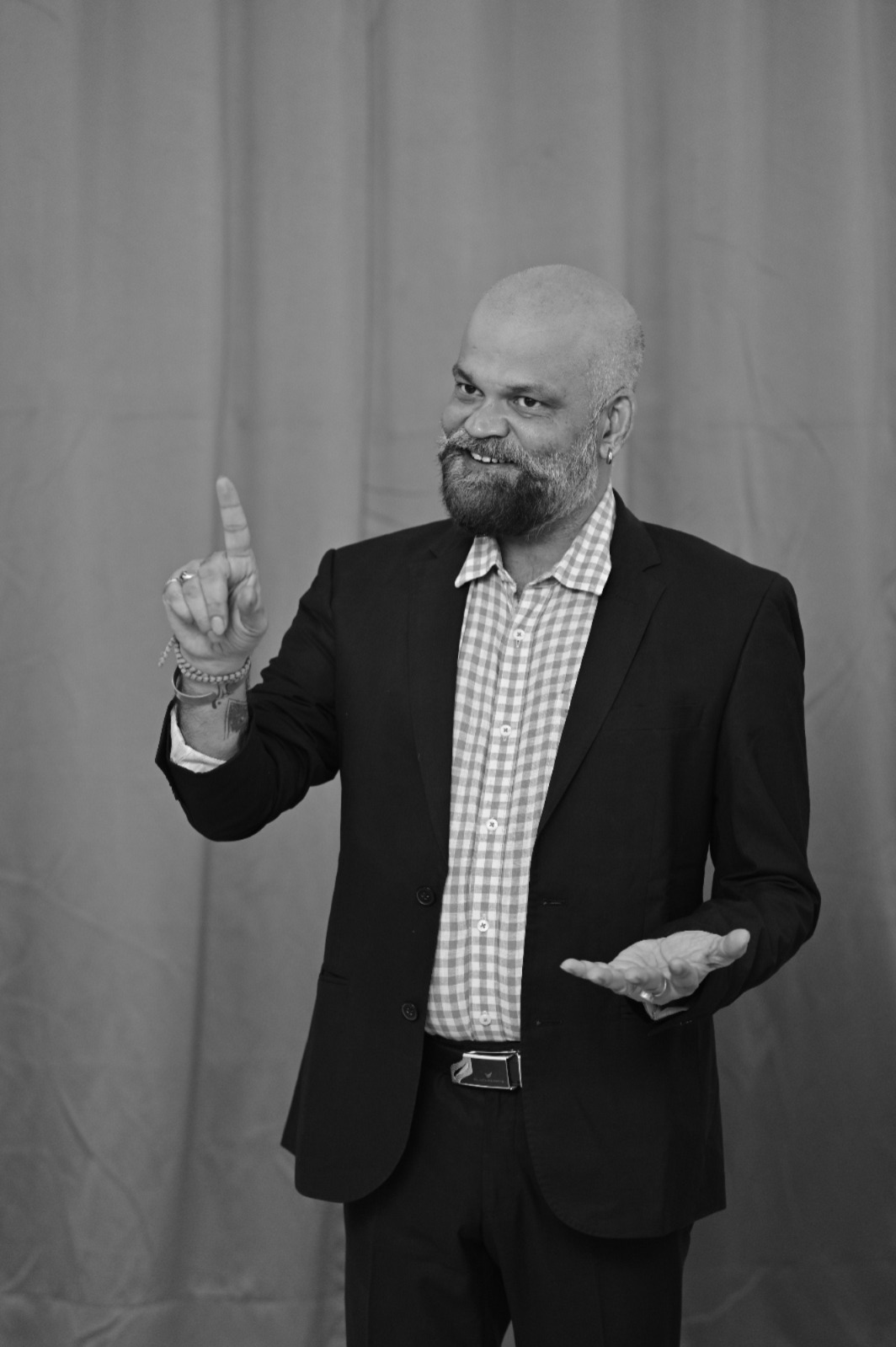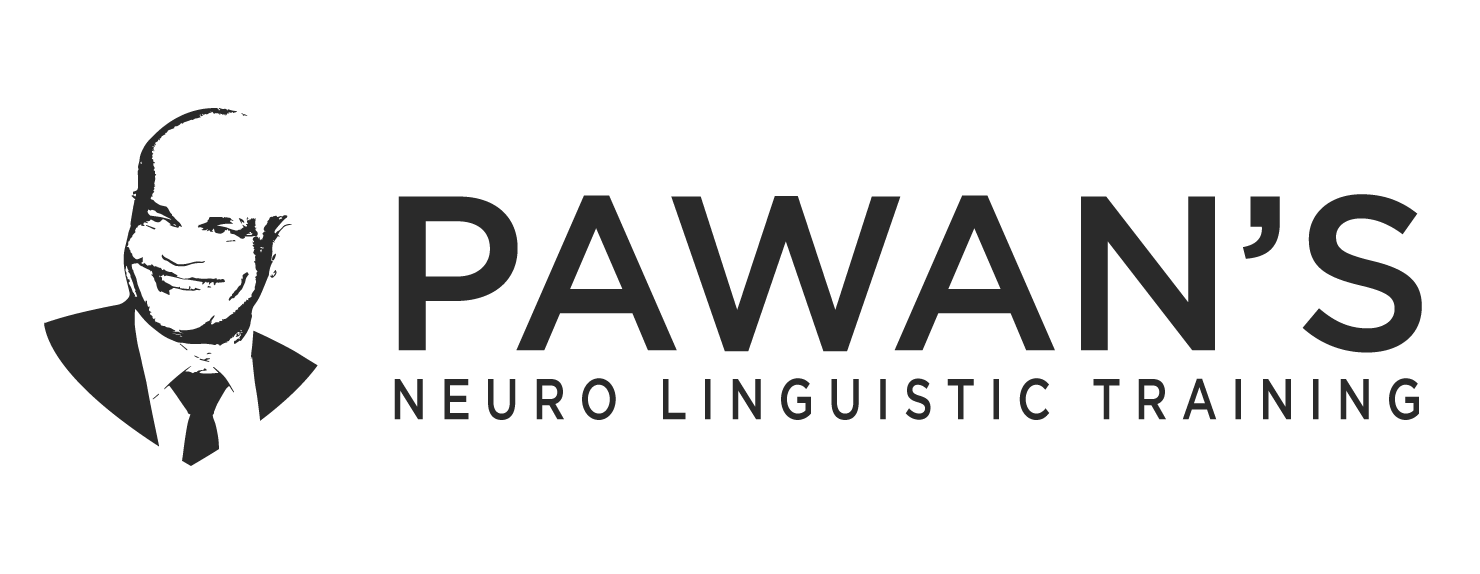
Diploma in Psychotherapy Course
The Diploma in Psychotherapy at PawanNLPIndia is an intensive 9day program, offered both online and offline, totaling 80 hours of comprehensive training. This course is designed for individuals who are serious about advancing their psychotherapy skills, incorporating both NLP and traditional therapeutic techniques. Whether you are a practicing therapist, a mental health professional, or someone aspiring to deepen your understanding of psychotherapy, this course is structured to provide you with the practical skills and theoretical knowledge necessary for effective practice.
Who should enroll?
Practicing therapists looking to enhance their expertise with advanced techniques.
Mental health professionals seeking to broaden their therapeutic toolkit.
Counselors, coaches, and educators interested in applying psychotherapy techniques.
Individuals committed to pursuing a career in psychotherapy or expanding their current practice.

Day 1: Foundations of Psychotherapy
Rapport Building & Group Dynamics: Participate in exercises to develop rapport with clients, engage in group discussions, and practice history taking.
Session One: Introductions and exploration of the scope of NLP in psychotherapy. Discuss the differences between psychosis and neurosis, and introduce basic NLP interventions and their methodologies.
Session Two: Focus on personal integrity, confidentiality, and timekeeping, emphasizing their importance in therapeutic practice.
Session Three: Explore transference and countertransference. Understand the importance of therapist detachment and learn methods to maintain it. Reflect on the need for therapists to undergo their own counseling and therapy.
Session Four: Learn how to create a clear code of practice, including ethical considerations in contracting, and the processes for beginning and ending client relationships.
Day 2: Understanding Clients & Medications
Finding Information & Personal Connection: Develop skills in gathering comprehensive client information, including medical history and personal connections.
Session One: Introduction to Developmental Psychology, providing a foundation for understanding client backgrounds.
Session Two: Focus on the first client session—building rapport, taking basic history, and identifying the problem.
Session Three: Introduction to Psychopharmacology, covering the basics of medication.
Session Four: Gain knowledge of commonly prescribed psychotropic medications and their effects on therapy.
Day 3: Diagnostic Language & Approaches
Exploring Psychological Diagnoses: Learn the language and frameworks used in psychological diagnosis.
Session One: Study the history of psychology and its influence on modern therapeutic practices.
Session Two: Compare and contrast different psychological approaches and their practical applications.
Session Three: Understand the main areas of diagnosis, including the use of the DSM (Diagnostic and Statistical Manual of Mental Disorders).
Session Four: Discuss the understanding of different diagnoses and the importance of referring clients to other specialists or agencies when necessary.


Day 4: Research & Medical Collaboration
Integrating Research & Practice: Learn to read and understand research reports and apply them in psychotherapy.
Session One: Explore the importance of medical referrals, distinguishing between what a therapist can manage and when to seek medical cooperation.
Session Two: Study depression, including the two main types, and explore classic treatment protocols.
Session Three: Review major psychological classifications that you may encounter in your practice.
Session Four: Understand the role of research in psychotherapy and how to incorporate it into your therapeutic work.
Day 5: Advanced NLP Techniques
Time Line & Anchoring: Learn and practice advanced NLP techniques for psychotherapy.
Session One: Study anger—its origins, how to manage it, and its effects on therapy.
Session Two: Apply NLP interventions for anger management, including techniques like rewriting history and timeline therapy.
Session Three: Discuss sensitive topics such as gender issues, sexuality, family relationships, and the influence of gurus. Session Four: Explore trauma, including early life trauma, later life trauma, and dissociation disorders, along with effective treatment methods.
Day 6: Specialized NLP Techniques & Therapeutic Environment
Refining NLP Skills: Address any NLP techniques that participants have not fully understood.
Session One: Focus on specific NLP techniques tailored to particular problems.
Session Two: Learn how to create a therapeutic environment, and understand the roles of others within this space, with a focus on managing anxiety and other futureoriented issues.
Session Three: Discuss boundaries within a therapeutic environment and their importance.
Session Four: Explore techniques for working with children and adolescents, considering their unique needs.
Day 7: Hypnotherapy Training
Introduction to Hypnosis: Gain foundational knowledge in hypnotherapy as a therapeutic tool.
Session One: Explore different styles of hypnosis and induction techniques.
Session Two: Practice being present with clients and apply various induction techniques.
Session Three: Learn deepening techniques and how to use scripts effectively in hypnotherapy.
Session Four: Engage in personal hypnotherapy sessions to experience the process firsthand.
Day 8: Practical Demonstrations
Therapeutic Demonstrations: Observe and participate in live demonstrations of therapy sessions.
Session One: Recap key concepts to prepare for personal sessions.
Session Two: Discuss different approaches to personal sessions, focusing on the relationship between therapist and client.
Session Three: Watch a demonstration of a full therapy session, followed by group discussion.
Session Four: Continue the demonstration and receive feedback from the group on the techniques used.
Day 9: Individual Counseling Sessions
Practical Application: Apply your knowledge in supervised individual counseling sessions.
Session One to Four: Engage in personal counseling and breakthrough sessions, with each session providing an opportunity to practice and refine your skills under supervision.

This Diploma in Psychotherapy course at PawanNLPIndia is designed to be a transformative experience, providing you with the skills, knowledge, and confidence to excel in your therapeutic practice.

